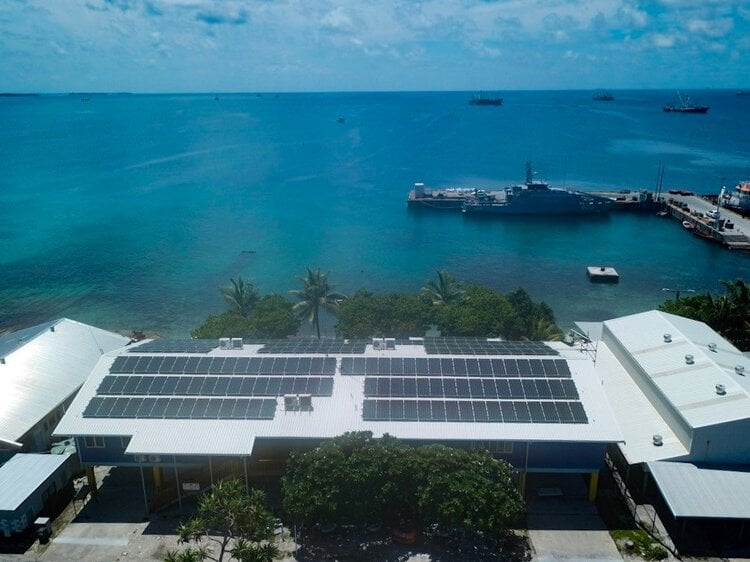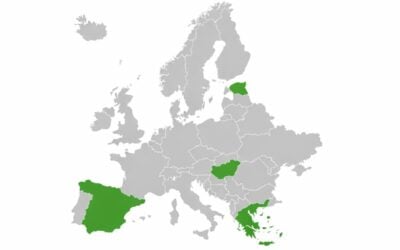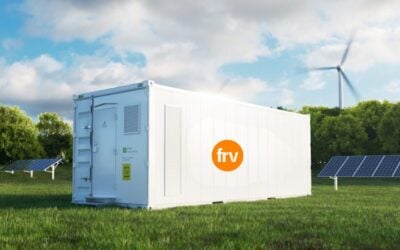
Power distribution company WEL Networks and renewables developer Infratec are in the final stages of assessment for what will be New Zealand’s first utility-scale battery energy storage system (BESS).
WEL Networks, one of 29 electricity distribution entities in the country, said that the 35MW project in the Waikato District of New Zealand’s upper North Island is being readied for construction and is expected to be commissioned by October 2022.
New Zealand has a national net zero by 2030 policy goal and WEL Networks said the Waikato BESS will be designed to serve the entire electricity value chain, from allowing for more renewable energy to be installed and connected to the grid, storing solar and wind energy, to strengthening local electricity supply reliability and delivering fast reserve to correct supply and demand imbalances.
According to WEL Networks chief executive Garth Dibley, the project will cost around NZ$25 million (US$17.66 million) and has received resource consent under New Zealand’s Resource Management Act, a “huge milestone” for WEL, he said.
Try Premium for just $1
- Full premium access for the first month at only $1
- Converts to an annual rate after 30 days unless cancelled
- Cancel anytime during the trial period
Premium Benefits
- Expert industry analysis and interviews
- Digital access to PV Tech Power journal
- Exclusive event discounts
Or get the full Premium subscription right away
Or continue reading this article for free
“This technology will help network resilience while supporting renewable generation uptake,” Dibley said, adding that the battery will support the charging of electric vehicles (EVs), maximise the benefits of solar power and provide back up during grid emergencies.
Nick Bibby, general manager for business development at Infratec said his company will lean on its experience in international battery development to develop and deliver the 35MW BESS.
“Batteries will need to be embedded in networks to best serve local communities. We have selected a mature technology with a 20-year life span, so we expect this battery to be making headlines for all the right reasons for years to come,” Bibby said.
Infratec’s BESS projects to date include commercial and industrial (C&I) battery projects in New Zealand, and solar-plus-storage and microgrid systems across Pacific Islands of Tonga, the South Cook Islands, Micronesia, Nauru, Kiritimati and others.
The company has said it believes New Zealand needs large-scale battery storage urgently to complement renewable energy growth and pumped hydro plants, as well as to back up large interconnectors between the country’s North and South Islands.





